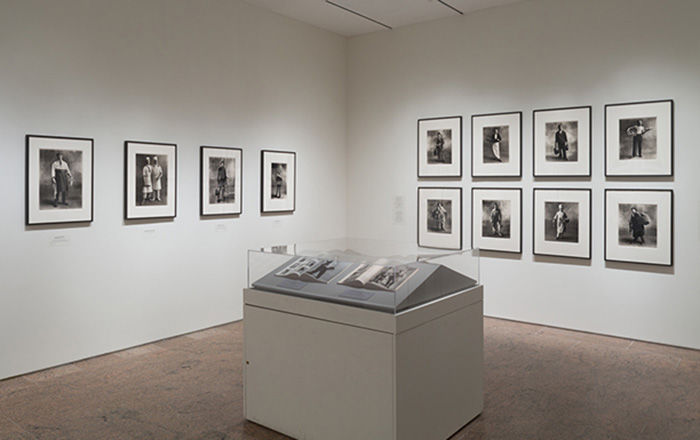Samurai, Yokohama
Felice Beato British, born Italy
Not on view
Beato was one of the finest professional travel photographers of the nineteenth century. He lived and worked in Japan from 1862 until about 1885, and dedicated himself to the comprehensive documentation of every aspect of the country, which had newly opened to the West. This straightforward but intense study of an anonymous samurai dates from early in Beato's period in Japan, and prior to the devastating fire that destroyed his studio and most of Yokohama in October 1866. After 1615, when relative peace reigned in Japan and the importance of martial arts declined, most sumurai-the top of Japan's social hierarchy during the Edo period (1603-1868)-became bureaucrats, teachers, or artists. Just a few years after Beato made this photograph, the feudal period in Japan ended with the Meiji Restoration. And after more than eight centuries of military leadership, the samurai class was officially abolished.
Due to rights restrictions, this image cannot be enlarged, viewed at full screen, or downloaded.

